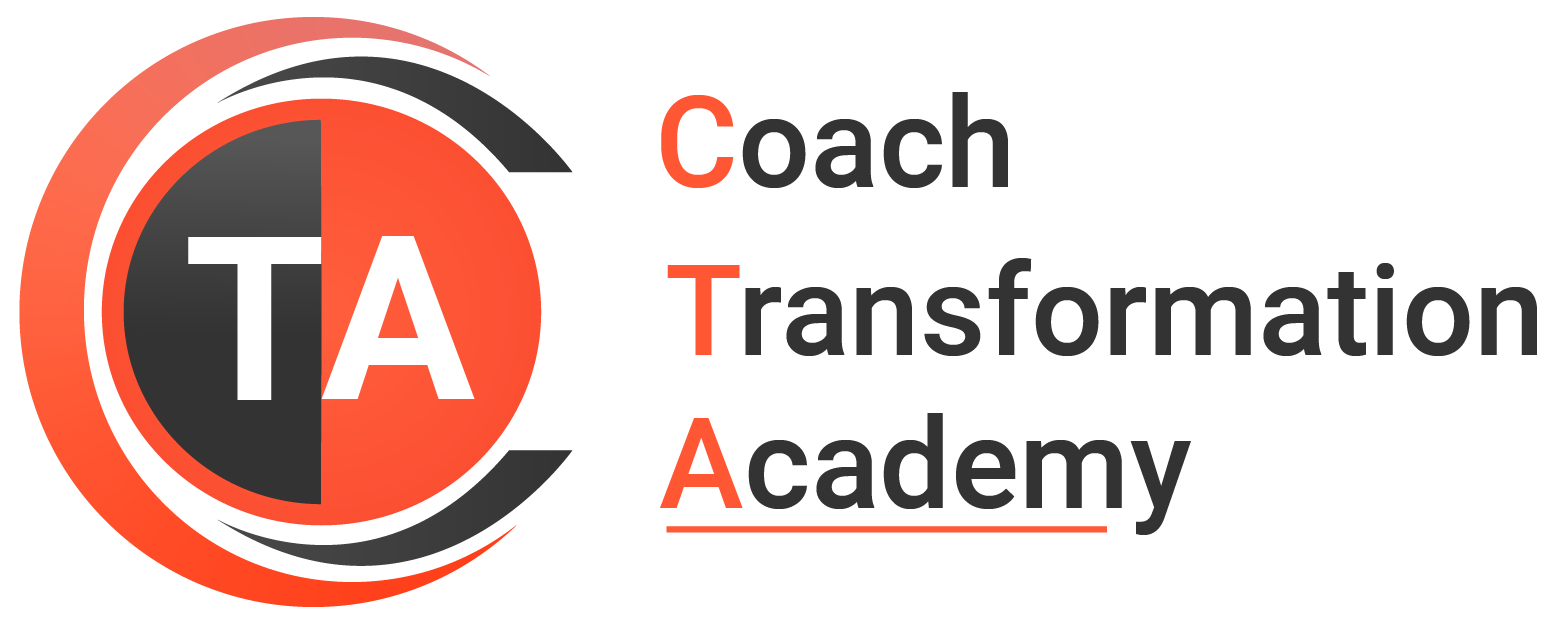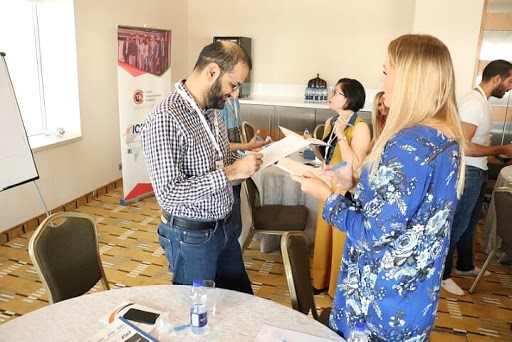The ability to consistently upgrade and modify one’s skill set, expertise and knowledge are essential requisites to thrive in the corporate world. Professionals, irrespective of their position within the organization, are encouraged to augment themselves. To that respect, the one technique that has been trending within the corporate circle in recent times is experiential learning, which mainly focuses on learning through hands-on experience.

In this blog, we will highlight all the essential points on experiential learning and its core values. We will discuss how experiential learning can improve your skills and nurture leadership qualities through coaching.
What is Experiential Learning?
Experiential learning is an effective and powerful way to make people determine and realize the shifts or changes needed in their skillset and behavior, followed by the implementation of those changes for enhanced performance.
Experiential learning can be defined in simple terms as learning by experiencing or doing something. The method can be implemented in varied situations involving all sorts of people irrespective of their gender, age, profession, background, ability, education, etc. It is more of an active process than passive traditional learning methods that have proven to show high-yielding results in the professional domain. While the experience itself offers a medium for learning, an in-depth analysis of the experience promotes development within the learner.
Can Experiential Learning Improve Work Culture?
Over the years, corporates have been diligently investing more time and effort into skills enhancement of the professionals, giving them the scope and room to grow and self-groom. It is one of the main reasons experiential learning getting so much attention from a training perspective. However, that is not the only bright side of this approach, as it is also known to have a positive impact on the overall organization’s work culture.
Organizational culture or environment reflects the values and behaviors contributing to the unique social and psychological environment of a business. Experiential learning can be utilized to shape the mindset and behavior of the professionals within an organization. Through targeted learning, values such as accountability and cohabitation get evoked among the employees that also balance out any existing tension within the teams. Experiential learning has also been influential in honing other values like innovation, enhanced performance, leadership, etc. that come together unitedly augmenting the work culture of an organization.
How does Team Coaching use Experiential Learning for Leaders?
Consistent development of the ones in leadership positions within is necessary for the overall growth of an organization, giving it a competitive advantage over the others. Experiential learning for leaders is driven by the behavioral aspect than just skills improvement. Good leadership demands a person to be able to have control over their thoughts and have a steady mindset capable of taking fast strategic decisions when needed. It is about developing a robust belief system within an organization.
Leadership coaching uses experiential learning to evoke a sense of empowerment among the leaders and enhance their acumen and coaching abilities through self-realization. Coaches leverage the values of experiential learning, aiding the leaders to sharpen their skills and expertise. It ultimately impacts the team’s performance, as when the leader is strong, the team gets stronger.
The idea here is to provoke the leaders to inculcate novel ways of thinking and working challenging and ambiguous times. Hence, a coach uses accelerated experiential learning techniques while conducting team building or one-to-one sessions with the leaders within an organization.
If you want to read more insightful stories on coaching and how coaching can help you build your strengths, check out our other blogs. You can get more information on our experiential ICF accredited coach training programs on this page.





